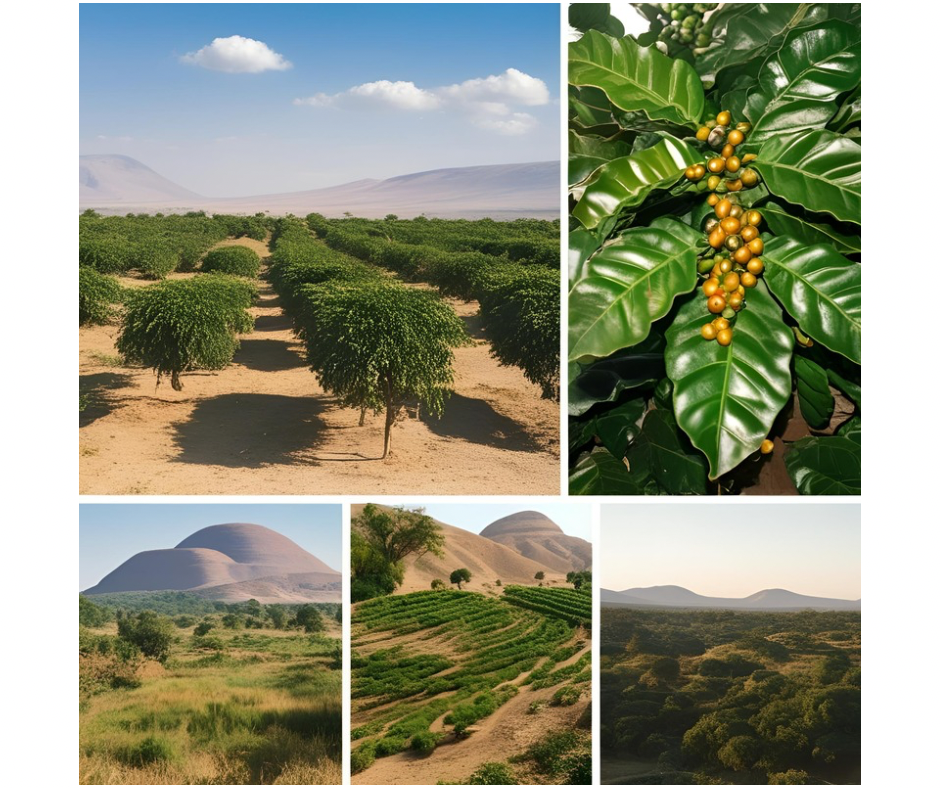Six String Roasters
Ethiopia Guji Hambela Gr1 Natural (Wine Process)
Ethiopia Guji Hambela Gr1 Natural (Wine Process)
Couldn't load pickup availability
Flavour Profile
Upfront: Notes of lemonade, plum, apricot, blackcurrant, and peach
Body: Stone fruit acidity with a smooth body
Finish: Long notes of blackberry and dark chocolate
This vibrant and intricate flavor profile offers a unique and delightful coffee experience, showcasing the rich diversity of flavors that can be produced. Enjoy the exquisite journey of tastes and aromas in each cup.
Perfect for filter or pour over and great for espresso varieties
This coffee is set to 8/10 on the intensity dial
Ethiopia’s coffee processing methods continue to evolve, and this particular coffee stands out for its unique processing technique – the modern natural wine process, also known as Carbonic Maceration.
The Natural Wine Process: This process is relatively new and experimental, sharing similarities with anaerobic fermentation. However, the natural wine process creates a CO2-rich environment, which fosters a unique form of fermentation and flavor development.
The coffee cherries are placed in a sealed tank, and CO2 is pumped in, creating an anaerobic environment. The natural yeast present in the cherries initiates fermentation, producing distinctive flavors and aromas. This method enhances the coffee’s complexity, resulting in a cup that is rich, vibrant, and full of character.
The combination of traditional Ethiopian coffee cultivation and modern processing techniques like Carbonic Maceration highlights Ethiopia's innovative approach to coffee production. It promises an extraordinary and unique tasting experience, further solidifying Ethiopia's reputation as a leading coffee producer.
As the birthplace of coffee, Ethiopia boasts more species of coffee plants than any other place on earth, with much of it still growing wild and yet to be discovered. All Ethiopian coffee is Arabica, and at least 150 varieties are commercially cultivated. Traditionally, these varieties have been labeled as “heirloom varietals,” but this is changing as the Jimma Agricultural Research Center works to identify different species.
Although there are a few estates in Ethiopia, 95% of coffee is grown by small landholders in a wide variety of environments, including “coffee forests” where coffee grows wild and is harvested by local people. All specialty-grade Ethiopian coffee is grown above 4,000 feet, with most being cultivated at elevations above 6,000 feet. In the highlands of Sidamo and Yirgacheffe, coffee can even grow above 7,000 feet.
Share




